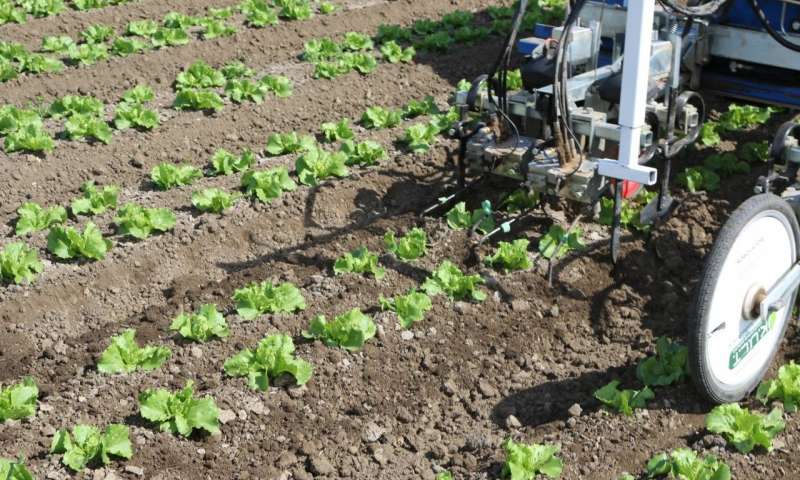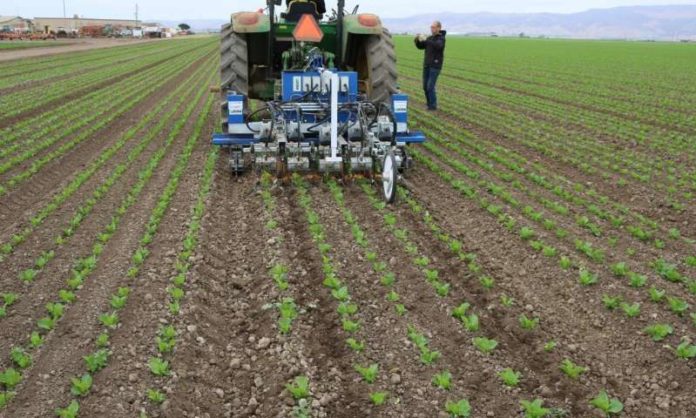The developing prevalence of robotic weeders for specialty crops has become somewhat out of need, says Steven Fennimore, an expansion authority at the University of California, Davis. Claim to fame crops are vegetables like lettuce, broccoli, tomatoes, and onions. They are not mass-delivered like corn, soybeans, and wheat.
The requirement for robotic weeders comes from two issues. One is an absence of herbicides accessible for use in a claim to fame crops. Another is the way that hand-weeding has turned out to be increasingly costly. Without pesticides, producers have needed to employ individuals to hand-weed huge fields.
Hand-weeding is moderate and progressively costly: it can cost $150-$300 per section of land. That rouses a few producers to look to mechanical weeders.
Fennimore works with college researchers and organizations to architect and tests the weeders. The weeders use modest sharp edges that fly in and out to remove weeds without harming crops. He says that despite the fact that the innovation isn’t flawless, it’s showing signs of improvement and better.

Fennimore said, “I’ve been working with robotic weeders for about 10 years now, and the technology is really just starting to come into commercial use. It’s really an economic incentive to consider them.”
The weeders are programmed to recognize a pattern and can tell the difference between a plant and the soil. However, they currently have trouble telling the difference between a weed and a crop.
Fennimore said, “The problem with the machines right now is that they are version 1.0, and there’s tremendous room for improvement. The inability to be able to tell the difference between a weed and a crop requires the grower to be very exact when using them. The rows have to be a little straighter, cleaner, and more consistent because the machines aren’t that sophisticated yet. The robots don’t like surprises.”
Fennimore believes robotic weeders are the future of weeding in specialty crops. Because of higher labor costs and more incentives to grow organically with fewer pesticides, European growers have been using robotic weeders for some time.
He further added, “I believe what makes the robotic weeders better than herbicides is that this electronic-based technology is very flexible and can be updated easily. We all update our phones and computers constantly, which is a sign of a robust and flexible technology.”
